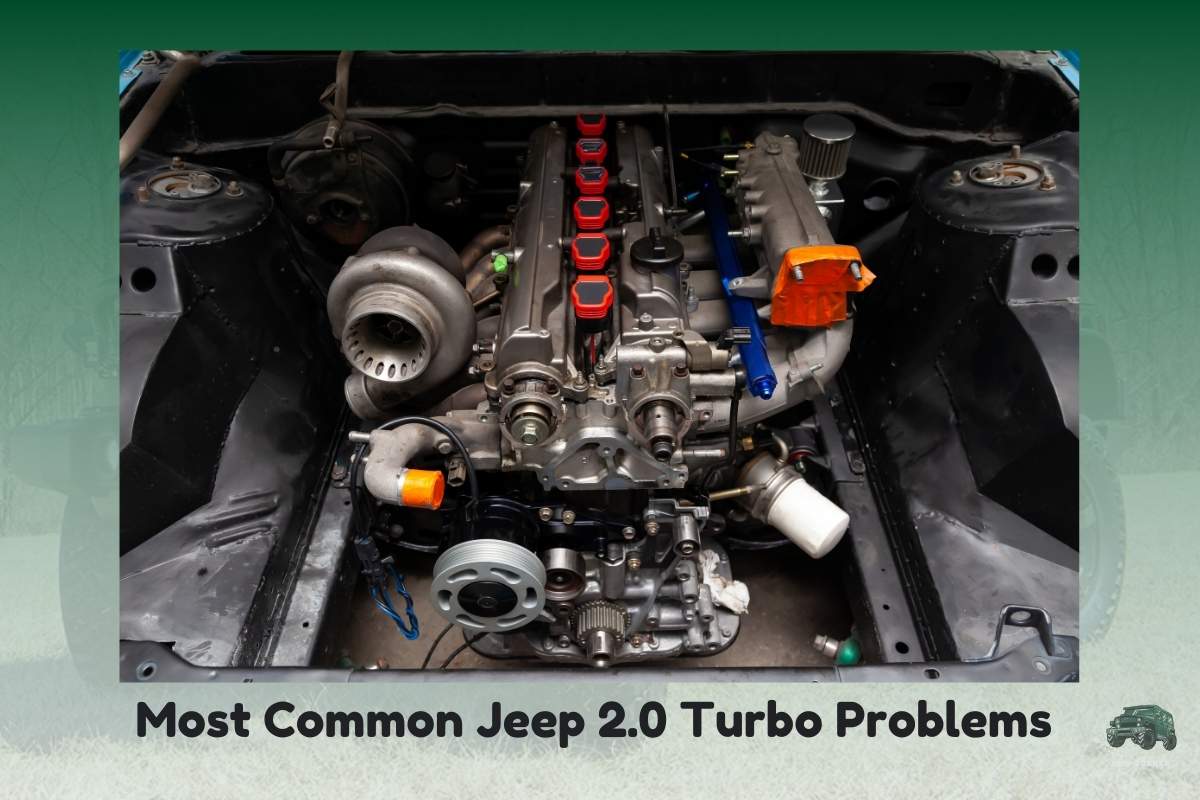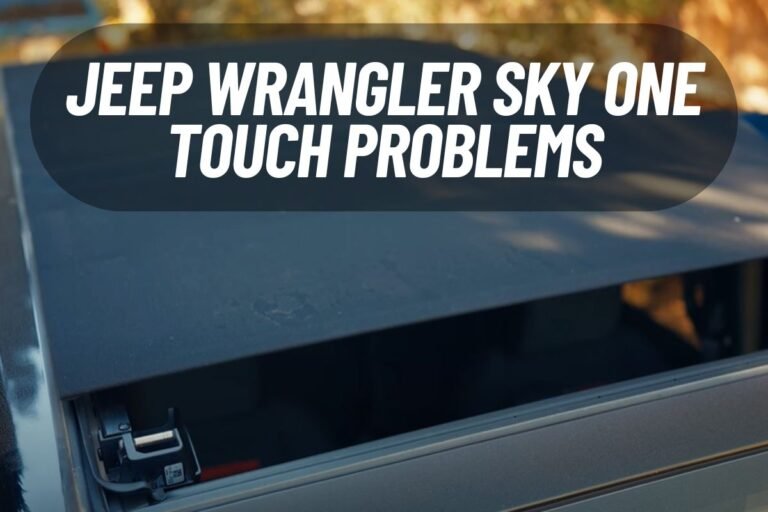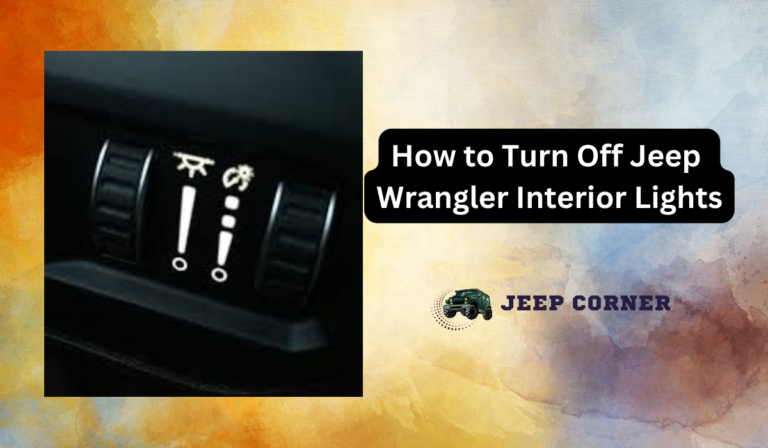Most Common Jeep 2.0 Turbo Problems (Solved!)
Jeep 2.0 Turbo is an adaptable and popular Jeep engine in the market. Its popularity stems from its dependability, longevity, and tremendous performance. Thus, its powerful 4-cylinder engine generates 295 lb-ft of torque with 270 horsepower as well. Aside from its appeal, the jeep 2.0 turbo also has certain drawbacks.
So, what are the most common Jeep 2.0 turbo problems? Some specific Jeep 2.0 Turbo problems are only automatic transmission, turbo lag, leaking battery packs, low towing capability, etc. You may fix some of these problems by switching to a manual transmission for another jeep model, but this model will take more work.
In the following section, we’ll discuss some common Jeep 2.0 turbo problems, including those problems we have mentioned above. Let’s dive below!
Table of Contents
What Are The Most Common Jeep 2.0 Turbo Problems?
We have identified some common problems in Jeep 2.0 Turbo and provided solutions as well. Let’s take a closer look below to know the problem in detail.
Problem 1: only automatic transmission
Automatic transmission is a specified feature of the Jeep 2.0 turbo that makes gear shifting easy. You may get wonder to know that this is the first problem with this jeep! How?
Most commonly, not all car owners or off-road drivers like to use automatic transmissions. They love to control the jeep manually. This kind of driver wants to switch from automatic to manual transmission for their driving satisfaction.
Solution
Unfortunately, you cannot solve this problem! By default, the automatic transmission comes with the Jeep 2.0 turbo. That means, there is no option to switch the Jeep 2.0 turbo engine automatic transmission to manual transmission.
So, if you feel comfortable with automatic transmission, go for it. Otherwise, doing that could make you later regret your purchase.
Problem 2: turbo lag
The second common problem of Jeep 2.0 Turbo is its turbo lag, and it’s one of the biggest reasons for headaches for many jeep owners. When you drive in high gear, what will happen?
- Your car’s acceleration becomes difficult to handle
- The car stops responding to your every order
Likewise, the lack of reactivity turns your driving mood into frustration and makes driving less enjoyable.
Solution
Turbo lag can be easily solved using a “Monster Throttle Booster” pedal. You must install it, and after doing so, you will notice a fantastic improvement in throttle response and near-zero lags simultaneously.
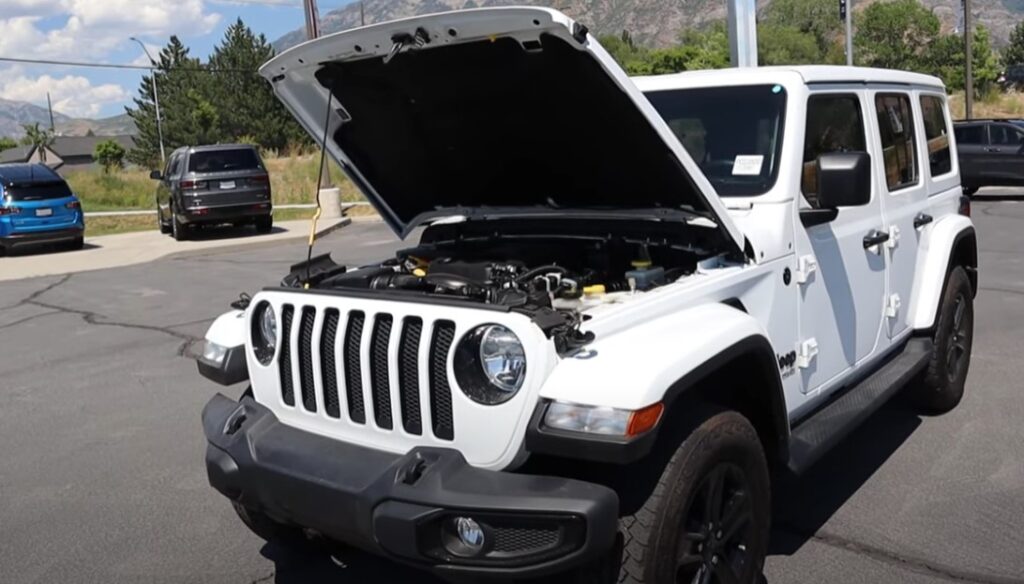
Problem 3: leaking battery packs
Another common problem with the Jeep 2.0 turbo engine is a leaky battery pack. Your jeep’s battery and the engine could overheat and be severely damaged if this problem continues. When the coolant escapes from the battery pack, that will result;
- The coolant level falls
- Affecting heat dissipation efficiency
- Overheating
Solution
If your Jeep 2.0 turbo engine overheats, check the coolant level and take the vehicle to a skilled specialist or mechanic for repair or maintenance.
Problem-4: low towing capability
The Jeep 2.0 turbo engine provides 270 horsepower and 295 pound-feet of torque, enabling the car to pull a maximum of 2500 pounds. That is significantly less than other V6 engines.
As a result, if you prefer off-roading and want a jeep with a bigger towing capacity, the Jeep 2.0 Turbo is probably not perfect for you.
Solution
270 horsepower and 295 pounds-feet of torque is a feature of the Jeep 2.0 turbo engine, which is not changeable. So, you need to check out the features of a new more powerful jeep car before purchasing one.
Problem 5: engine lights come on
Every jeep vehicle requires a check engine light. It’s a kind of indicator that will notify the jeep owner if they have any problem with the engine or any other equipment of your jeep vehicle.
Therefore, the engine light will remain on if a problem arises inside the turbo in the Jeep 2.0. So loose couplings, sensors, hoses, and other equipment are common causes of this problem.
Solution
Consult a qualified mechanic to inspect the vehicle when issues arise, such as when the engine light of your jeep starts flashing erratically. However, if you have a reliable and high-quality OBD2 scanner, you can identify the issue before you take the jeep to a mechanic.
Problem 6: high maintenance cost
The 2.0 Jeep engine is famed for its high features and excellent performance, but it also necessitates more extensive maintenance. This engine requires significantly more maintenance than other engine models.
Because of this, Jeep owners will claim that the engine in their 2.0-liter Jeep is very costly to maintain or repair properly.
Problem 7: requires only premium fuel
Another big issue with the Jeep 2.0 engine is that it only takes premium quality fuel, which is very expensive for some owners compared to the regular gas used by other Jeep engines.
Problem 8: recalled issue
There have already been two separate recalls for the Jeep 2.0 Turbo. However, you have nothing to worry about. It’s not a terrible vehicle to ride, but it’s something to note. This is just a friendly reminder to keep in mind; that’s it!
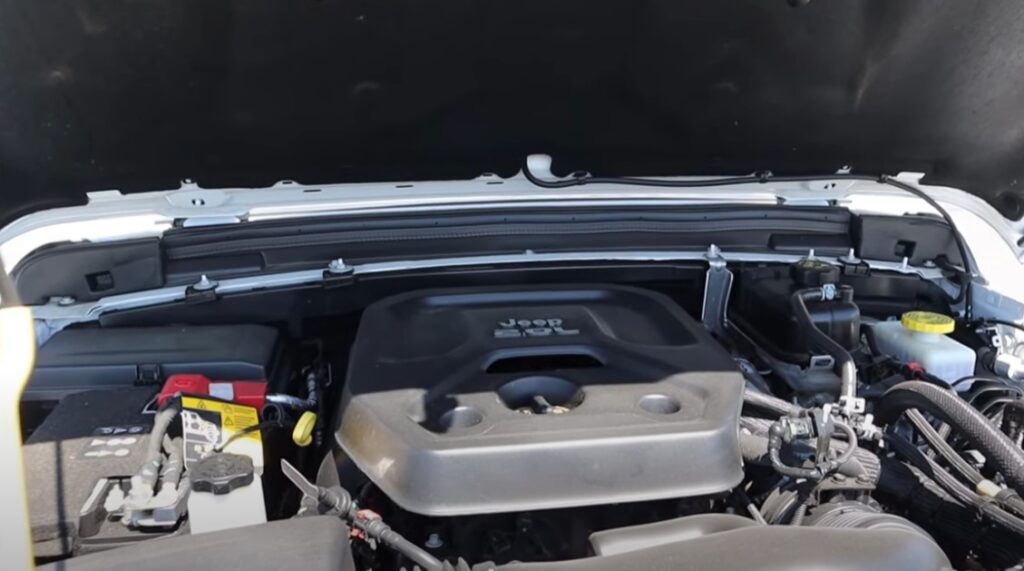
Is The Jeep 2.0 Turbo Engine Any Good inside/outside?
Even with several common problems, the Jeep 2.0 Turbo engine is still one of the most demanding choices for car lovers. Why? Because;
- A potent engine with excellent responsiveness and fuel efficiency is featured in the Jeep 2.0 Turbo
- It has a great power-to-torque ratio; “270 horsepower: 295 pound-feet of torque”. These power and torque combinational features make it a pleasure to ride
- The Jeep 2.0 Turbo engine is modern in design, contains an intercooler, and produces more power than the base engine in your vehicle
- It has larger brakes and an updated cooling system. That makes it a dependable alternative for anyone wishing to modify their car without spending too much money.
Finally, the Jeep 2.0 has a pleasant driving experience and is equipped with many desirable amenities inside and outside.
Is Premium Fuel Required For The Jeep 2.0 Turbo?
Premium fuel is required for the Jeep 2.0 Turbo, and as a result, not all fuel grades are compatible with this engine. It can run on either regular or diesel fuel. However, high-octane gasoline is recommended for optimal performance, and the octane number should be 91.
Also, if you need to know what fuel your automobile requires, consult a dealer or expert mechanic who has previously worked on your vehicle. They can tell you just what your vehicle needs.
Is It Easy To Maintain The Jeep 2.0 Turbo Engine?
Maintaining a Jeep 2.0 turbo engine is expensive. If you want this jeep to work admirably, you must take proper care of it because;
- Jeep 2.0 Turbo uses pricey high-octane fuel
- Premium fuel is required for the best performance
- Frequently changing the oil is necessary
- Spark plugs should be checked more regularly, even if they are in good condition
With all these factors, it is a challenging task to maintain the Jeep 2.0 turbo engine, and you need to take proper care of it to avoid expensive maintenance.
FAQs
After knowing about the most common jeep 2.0 turbo problems, it’s time to discover some often-asked questions.
Where is the Jeep 2.0 Turbo manufactured?
A 2.0 Turbo engine for jeep vehicles is manufactured at the Termoli Powertrain Plant in Termoli, Italy.
How long does the Jeep 2.0 Turbo engine last?
The Jeep 2.0 Turbo has an engine known for its long-lasting reliability. This engine can run over 100,000 miles if properly maintained. However, with excellent maintenance, it may go for up to 250,000 miles.
How much oil does a Jeep 2.0 Turbo take?
The engine requires nearly 5 quarts of oil.
Final Thoughts
The jeep 2.0 turbo engine is a terrific transport for an exciting trip, but it has a few flaws you should be aware of before purchasing it. In this article, we discussed the most common Jeep 2.0 turbo problems. Although each engine has its issues, the Jeep 2.0 turbo engine is still recommended.

